COBALT(II) PHTHALOCYANINE
Synonym(s):Cobaltous phthalocyaninate;PcCo;Phthalocyanine cobalt(II) salt
- CAS NO.:3317-67-7
- Empirical Formula: C32H16CoN8
- Molecular Weight: 571.46
- MDL number: MFCD00010718
- EINECS: 222-012-7
- SAFETY DATA SHEET (SDS)
- Update Date: 2025-12-16 16:15:04

What is COBALT(II) PHTHALOCYANINE?
Description
Cobalt phthalocynine (CoPc) is a member of metal phthalocyanines (MPcs) are frequently used in many?organic electronic devices such as light-emitting diodes (LEDs), organic photovoltaics (OPVs), organic field-effect transistors (OFETs) and chemical sensors ?as a p-type semiconducting material. Compared to other?hole-injection layer (HIL) materials, most metal phthalocyanines are water and air stable, thermally stable, and nontoxic.?They can be sublimed or sputtered with highly uniform, thin films on a variety of substrates. The synthesis of such materials are also relatively inexpensive and easy to prepare. The chemical structure of MPc allows tuning of its ionisation potential or?HOMO levels by altering the central atom in Pc macrocycles.
Chemical properties
powder
The Uses of COBALT(II) PHTHALOCYANINE
Cobalt(II) phthalocyanine may be used to develop carbon black based electrocatalysts. CoPC may be used as an end capping agent of a hyperbranched poly(aryl ether ketone) to be used for oxidative decomposition of 2,4,6,-trichlorophenol. CoPC modified carbon paste may be used as indicators for electrocatalytic amperometric measurements. ZnO impregnated with CoPC may be used as a sensitizer to determine the photodegradation of cyanide in aqueous suspension. CoPC catalyzed aerobic regenerations of aldehydes and ketones have been investigated.
General Description
Cobalt(II) phthalocyanine (CoPC )is a metallopthalocyanine.
Properties of COBALT(II) PHTHALOCYANINE
| Melting point: | >300 °C |
| Density | 0.677g/cm3 |
| storage temp. | Store at -20°C |
| solubility | DMSO: < 1 mg/mL (insoluble or slightly soluble) |
| form | crystal |
| color | purple |
| Water Solubility | Insoluble in water. |
| Hydrolytic Sensitivity | 4: no reaction with water under neutral conditions |
| BRN | 4121847 |
| Stability: | Stable. Incompatible with strong oxidizing agents. |
| EPA Substance Registry System | Cobalt, [29H,31H-phthalocyaninato(2-)-.kappa.N29,.kappa.N30,.kappa.N31,.kappa.N32]-, (SP-4-1)- (3317-67-7) |
Safety information for COBALT(II) PHTHALOCYANINE
| Signal word | Warning |
| Pictogram(s) |
 Health Hazard GHS08 |
| GHS Hazard Statements |
H351:Carcinogenicity |
| Precautionary Statement Codes |
P201:Obtain special instructions before use. P308+P313:IF exposed or concerned: Get medical advice/attention. |
Computed Descriptors for COBALT(II) PHTHALOCYANINE
New Products
Indole Methyl Resin tert-butyl 9-methoxy-3-azaspiro[5.5]undecane-3-carboxylate Boc-His(Boc)-OH 2-CTC Resin 4-Chloro-7-tosy1-7Hpyrrolo[2,3-d]pyrimidine 5,7-Dibromo-1H-indole 2,5-dichloro-N-hydroxy-4,6-dimethylpyridine-3-carboximidamide 2,2-Dimethoxy-7-azaspiro[3.5]nonane hydrochloride 4-chloromethyl-5-methyl-1,3-dioxol-2-one (DMDO-Cl) R-2-BENZYLOXY PROPIONIC ACID 1,1’-CARBONYLDIIMIDAZOLE 1,1’-CARBONYLDI (1,2-4 TRIAZOLE) N-METHYL INDAZOLE-3-CARBOXYLIC ACID 4-((2-hydroxyethyl)thio)benzoic acid 1-(TERT-BUTOXYCARBONYL)-2-PYRROLIDINONE Methyl 6-methylnicotinate 3-Pyridineacrylic acid tert-Butyl carbazate TETRAHYDRO-2H-PYRAN-3-OL 2-((4-morpholinophenylamino) (methylthio) methylene) malononitrile 3-(4-morpholinophenylamino)-5-amino-1H-pyrazole-4-carbonitrile 2,4-dihydroxybenzaldehyde 1,3-Diethyl-1,3-Diphenylurea Methyl 2-methylquinoline-6-carboxylateRelated products of tetrahydrofuran

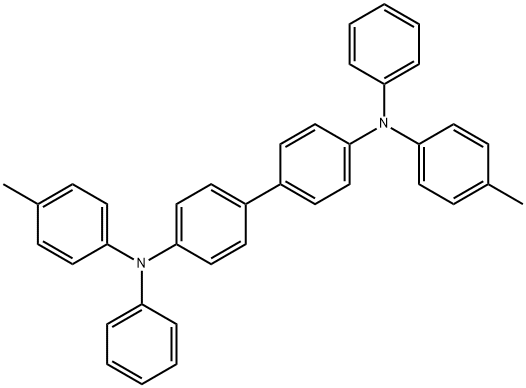
![N4,N4'-Di-1-naphthalenyl-N4,N4'-di-2-naphthalenyl-[1,1'-biphenyl]-4,4'-diamine](https://img.chemicalbook.in/CAS2/GIF/374592-88-8.gif)
![9-bis[4-(N-naphthalen-1-yl-N-phenylamino)-phenyl]-9H-fluorene](https://img.chemicalbook.in/CAS/GIF/510775-24-3.gif)
![4,4'-BIS[DI(3,5-XYLYL)AMINO]-4''-PHENYLTRIPHENYLAMINE](https://img.chemicalbook.in/CAS/GIF/249609-49-2.gif)
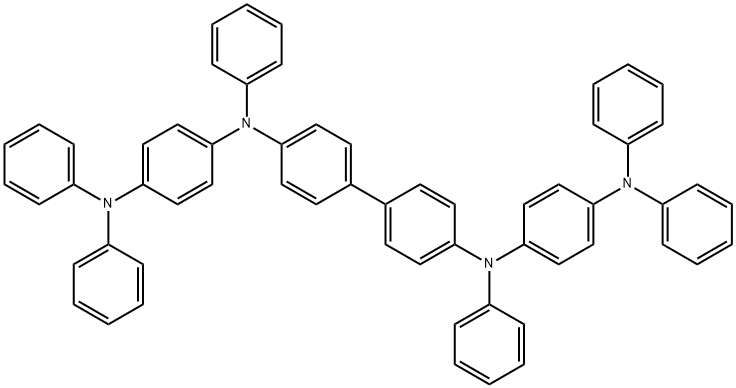


You may like
-
 3317-67-7 Cobalt(II) phthalocyanine 98%View Details
3317-67-7 Cobalt(II) phthalocyanine 98%View Details
3317-67-7 -
 Cobalt(II) phthalocyanine, β-form, 97% CAS 3317-67-7View Details
Cobalt(II) phthalocyanine, β-form, 97% CAS 3317-67-7View Details
3317-67-7 -
 Cobalt(II) Phthalocyanine CAS 3317-67-7View Details
Cobalt(II) Phthalocyanine CAS 3317-67-7View Details
3317-67-7 -
 Cobalt(II) phthalocyanine CAS 3317-67-7View Details
Cobalt(II) phthalocyanine CAS 3317-67-7View Details
3317-67-7 -
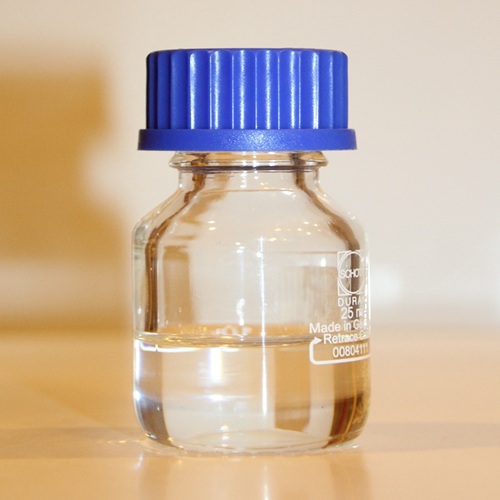 Pyridine 99.5% HPLC /UV SpectroscopyView Details
Pyridine 99.5% HPLC /UV SpectroscopyView Details
110-86-1 -
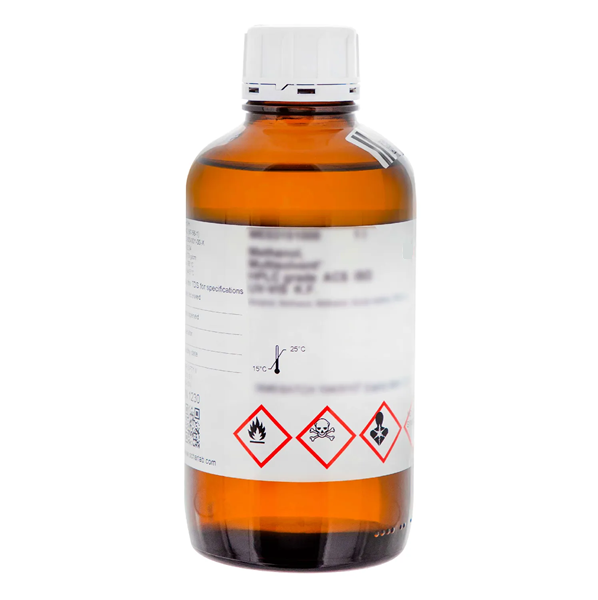 Dibutyl PhthalateView Details
Dibutyl PhthalateView Details
84-74-2 -
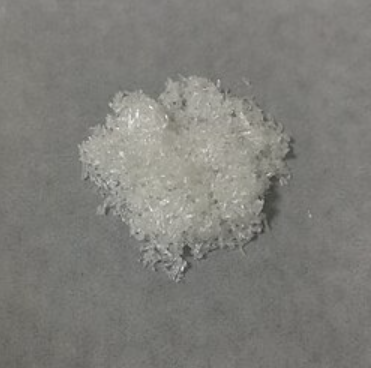 Imidazole Spot supply, competitive priceView Details
Imidazole Spot supply, competitive priceView Details
288-32-4 -
 Thiourea 99% ARView Details
Thiourea 99% ARView Details
62-56-6
